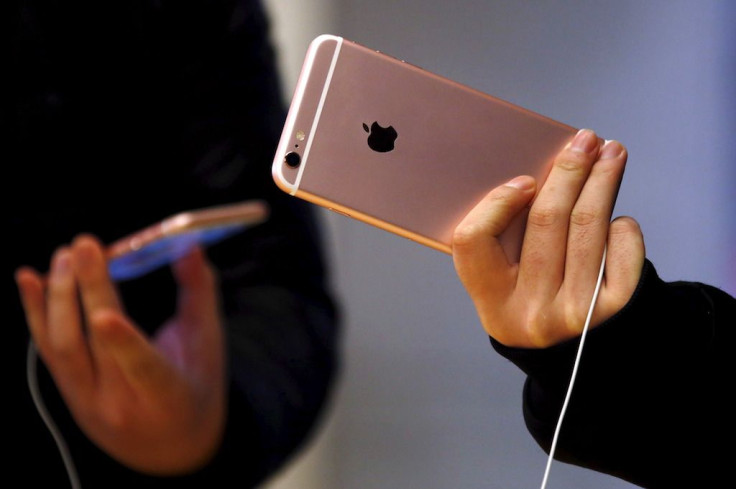iOS Update Will Allow Disabling Power Management Feature, Fix iPhone Performance

Apple previously promised that it would include a new feature on the next major iOS update that will allow users to monitor the health of their iPhone batteries. Now, Apple CEO Tim Cook says the update will also let users disable the slowing down of CPU performance.
In an interview with ABC News, Cook was asked about Apple’s decision to deliberately slow down older iPhone models. He explained that they released a code about a year ago that would “take something off of performance” to prevent unexpected restarts and shutdowns for older iPhone models that already have unhealthy batteries. This was a power management feature that decreased the iPhone's performance to compenesate for the older battery’s inability to deliver the necessary amount of power.
“When we did put it out, we did say what it was, but I don't think a lot of people were paying attention and maybe we should have been clearer as well,” Cook said. “And so we deeply apologize for anybody that thinks we had some other kind of motivation. Our motivation is always the user. The user is at the center of everything that we do.”
In the same interview, the Apple CEO said that the next iOS update will not only let users monitor their iPhone’s battery health, but it will also let users disable the performance slowdown.
“So we want to do that, and in the situation... and we will tell someone we're reducing your performance by some amount in order to not have an unexpected restart. And if you don't want it, you can turn it off,” Cook said.
“Now we don't recommend it, because we think people's iPhones are really important to them, and you never can tell when something is so urgent. Our actions were all in service of the user. I can't stress that enough.”
Back in December, Apple admitted that it was intentionally slowing down older iPhone models, particularly the iPhone 6, 6S and SE, through software updates. The company also did the same thing for the iPhone 7 and 7 Plus when it released iOS 11.2. The company explained that it was a necessary feature to prevent older iPhones with aging batteries to unexpectedly shut down.
Later that same month, Apple issued a public apology and further explained the reasoning behind the decision to do this to older iPhones. The tech giant also reduced the price of iPhone battery replacements from $79 down to just $29. Replacing the older batteries with new ones will bring back the older iPhones’ peak performance.
The Apple CEO said that the power management and battery monitoring feature for iPhones will first be available for the developer release of the new software update next month. 9To5Mac speculates that the public release of the next iOS software update might be in March. The software update is presumed to be iOS 11.3.
© Copyright IBTimes 2024. All rights reserved.





















